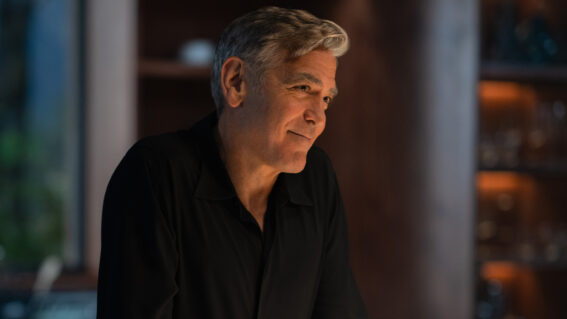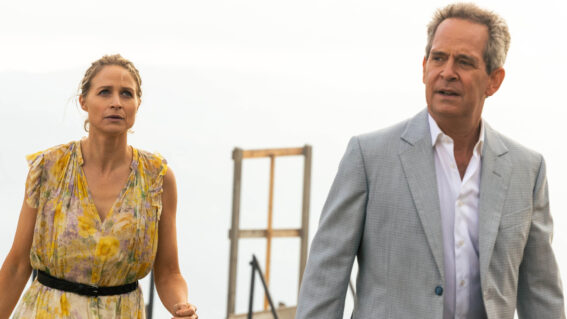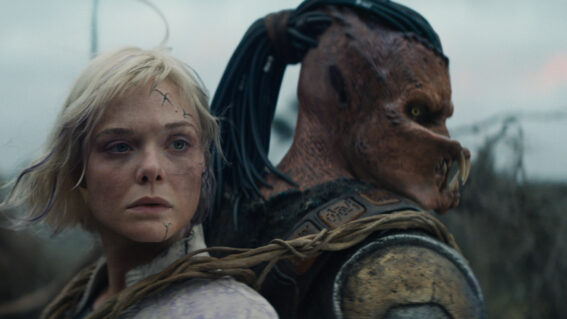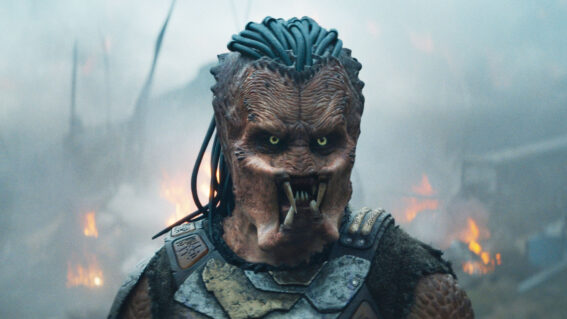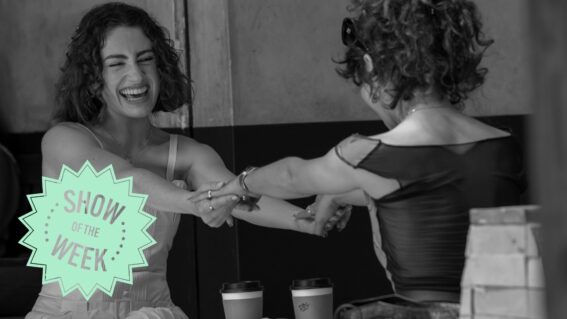A Thousand Blows, the latest historical crime show from Peaky Blinders’ creator
A gang of folk-hero outlaw female thieves get mixed up with bareknuckle boxers in Stephen Knight’s latest.
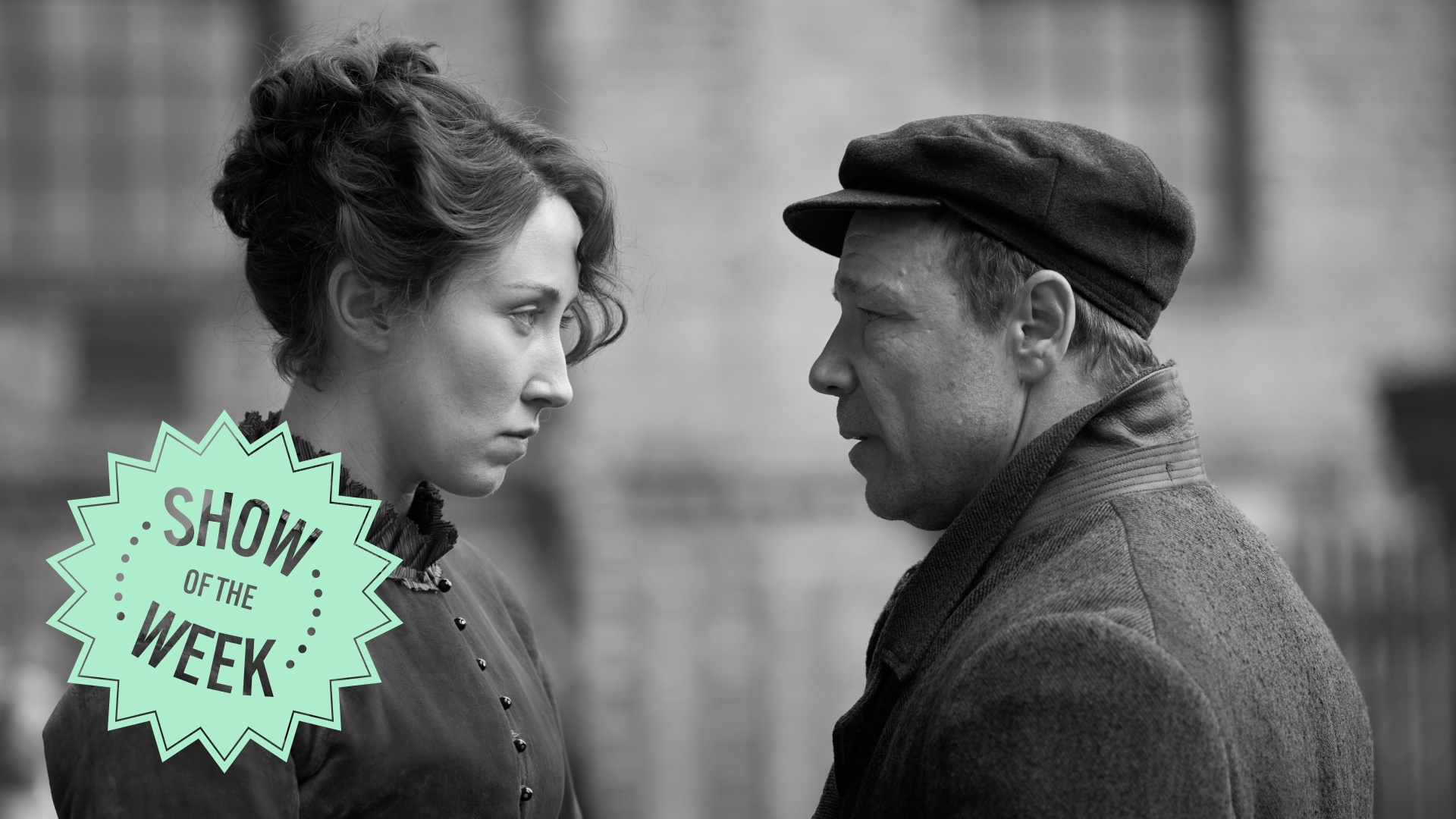
Clarisse Loughrey’s Show of the Week column spotlights a new show to watch or skip. This week: Stephen Knight’s latest (another historical crime outing), A Thousand Blows.
“I am beyond men,” growls Mary Carr (Erin Doherty), the leader of an all-female gang of Victorian thieves, in the opening episode of A Thousand Blows. Forget strong female characters, or even complex female characters for just a moment—how about one that can scare the shit out of you? She’s an electrifying creation, not only on the page, but in Doherty’s steely hands. Mary spits out words like she can taste something poisonous in the air.
She’s a beneficent leader, but only if you swear loyalty to her and her alone. It’s a step away from the expected for those who know Doherty chiefly for her role as Princess Anne on The Crown, though that nonconformist streak was already on display in her small but striking turn as a radical preacher in last year’s Katherine Parr biopic Firebrand.
Mary, like both those roles, is based off a real historical figure. She was one of the leaders a criminal syndicate known as The Forty Elephants, whose longevity—their documented operations stretch from 1873 to the 1950s—was down partially to their ability to avoid detection. They primarily raided high-end stores, and stuffed their prizes into dresses, bloomers, and hats.
A Thousand Blows, the latest from the prolific Steven Knight, also behind Peaky Blinders and Taboo, isn’t too concerned with material history. Mary, at one point, introduces herself as a Virgo, which I can’t imagine is something particularly done at the time. It is, however, invested in the meaning and weight of these women’s lives, presenting us with a Mary who is neither good nor heroic, but persists despite—who looks out at a world that would render her voiceless, spits in its face, climbs up onto the platform, and yells to high heavens anyway.
Mary and her Forty Elephants walk and talk like any cinematic gang. They move in formation and bust down doors, making sure there’s an accomplice outside keeping the getaway carriage warm. They’re like the outlaws of the American West, larger-than-life folk heroes (though consciously absent of radical politics, as Mary warns her friend, Hannah Walters’s Eliza Moody, that they’re merely “ordinary, decent criminals”). Their crimes are conducted with the flair of theatrical performance.
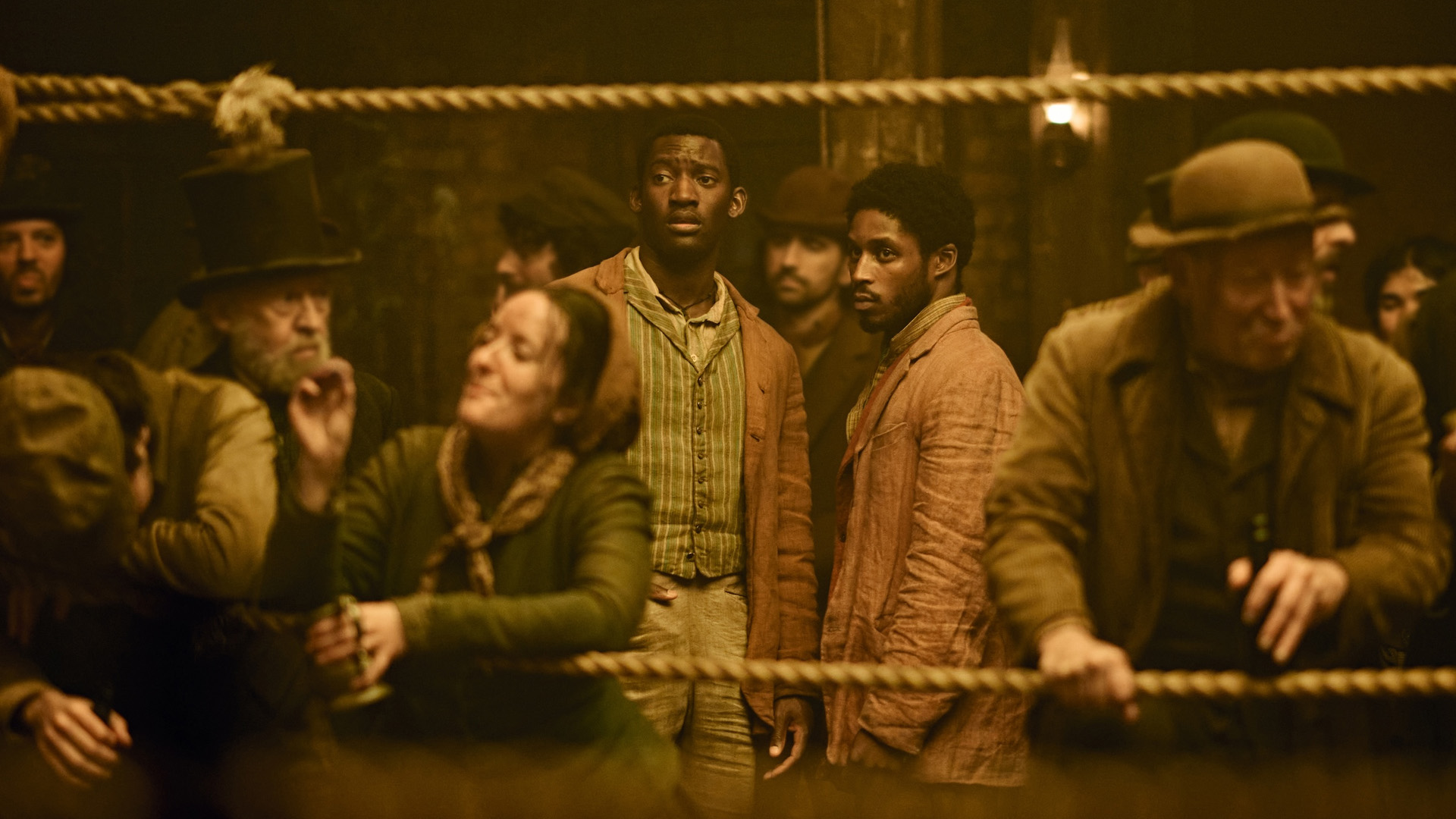
It’s the idea of performance, in fact, and the unconventional means through which the marginalised find their voices, that occupies the other lead of A Thousand Blows, Malachi Kirby’s Hezekiah Moscow, newly arrived from Jamaica with his best pal Alec Munroe (Francis Lovehall), with an eye to becoming a lion tamer. When that dream has soured, he ends up in the ring, facing up against the so-called “east London gladiator”, Henry “Sugar” Goodson (Stephen Graham, who also serves as executive producer).
Graham is ferocious in the role, an imposing knot of muscles, who at one point strides—Angrily! Vengefully!—into the rain without a shirt, his tattoos wet and sparkling. But he’s a brute made out of real, bruisable flesh. He not only hurts in the ring but out of it, so single-minded is he in the idea he was born to protect his community, that it threatens to destroy his relationship with his brother (James Nelson-Joyce), and his own reputation. Bareknuckle boxing is an art of the past, supposedly, replaced by these new-fangled things called “gloves” over in London’s wealthy West End, yet Sugar sees it as less honest, less “righteous”.
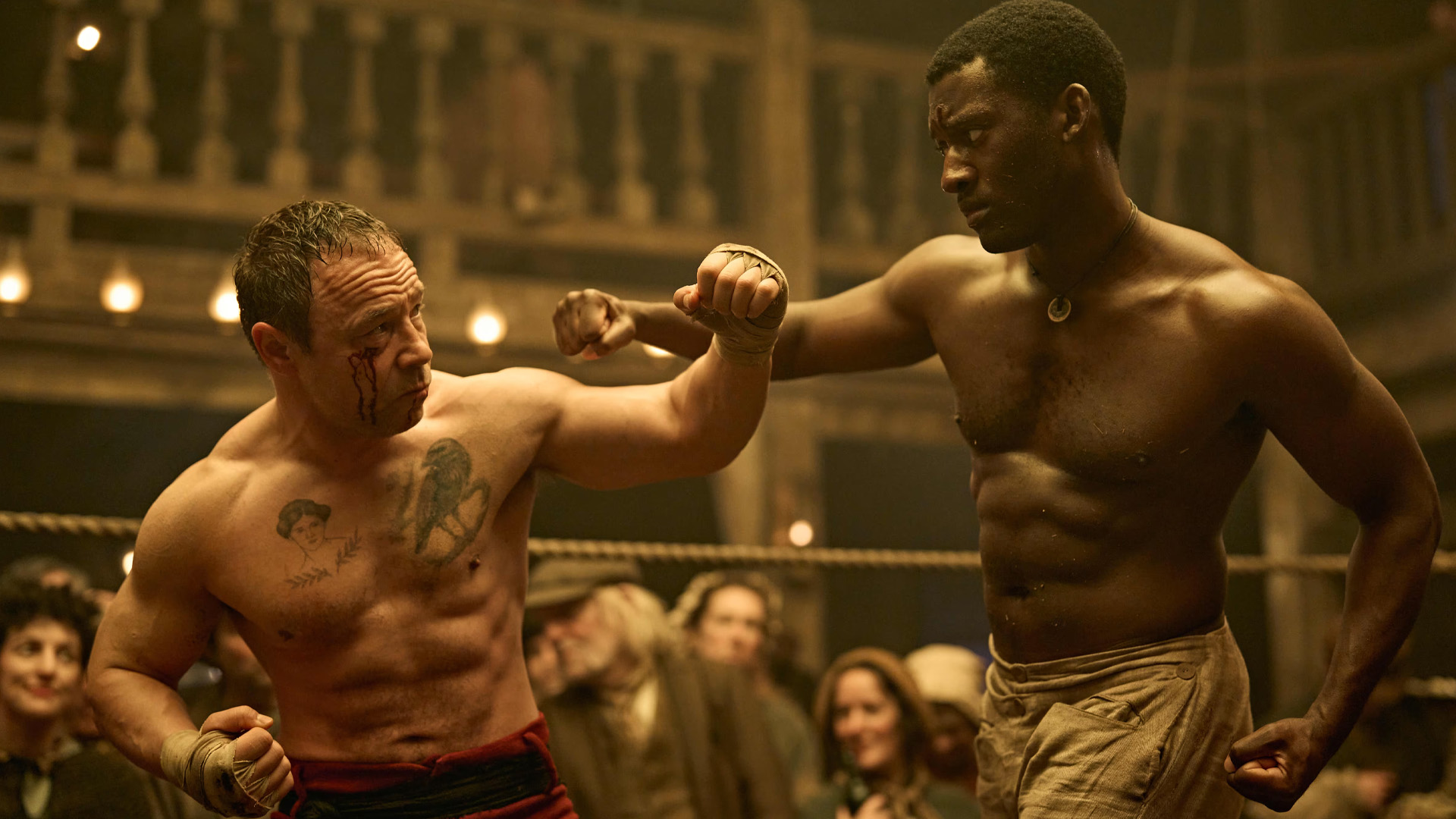
That stubbornness puts him at odds with Hezekiah, who swiftly becomes a rising star in the scene. Both of them have something to prove. “It’s like looking in the mirror, there can’t be two of us,” Sugar tells him. Hezekiah is after a platform, somewhere to project his voice from—just as much as Mary, as different as their paths may be. And it’s a complex one for a Black man in 1880s England engaged in a literal type of performance. He’s able to climb up to the centre of these rooms packed with moneyed white men, to introduce himself, to declare what he fights for and for whom, and to taunt his oppressors.
But he’s doing this in spaces constructed by racist thought, by aristocrats who see him as nothing but a body for experimentation, to test what they believe is the “civilised mind versus the savage body”. Then again, that’s how these men will see him inside or outside the ring—and, here, he commands their attention. He has his voice, his platform. He can yell to high heavens anyway.







